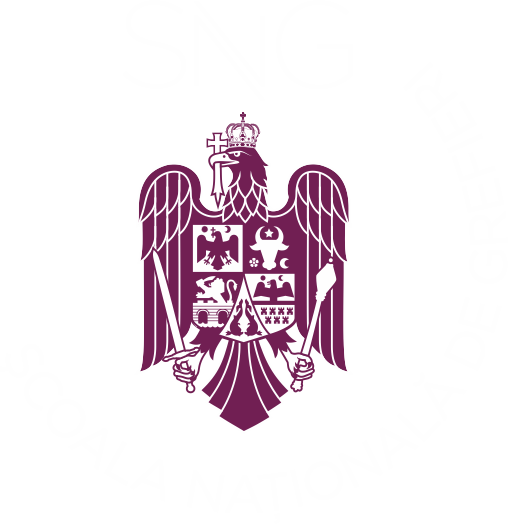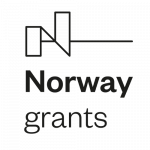The National School of Clerks participates, under the coordination of the Superior Council of Magistracy, to the implementation of the project Judicial Training and Capacity Building, co-financed by the Justice Program related to the 2014-2021 Norwegian Financial Mechanism.
Within the project regarding the training of the specialized auxiliary personnel within Courts, 20 professional training actions will be organized, structured on two levels – Court clerk’s activity management at the beginning of the career (distinctly, in civil and criminal matters), and, respectively – clerk’s activity management after the trial – common techniques/standards for closures and judgments drafting (distinctly, in civil and criminal matters).
These trainings will benefit 400 clerks within Courts, of which 160 clerks are at the beginning of their career (Court clerks with secondary education or higher legal education, who have not attended NSC courses and who have less than 5 years in the judicial system, for whom the training activities are designed to target the elimination of the disparities in professional training between them and the NSC graduates, and the clerks with more than 5 years of seniority in the judicial system).
Within the first level, the training field to be approached is the Court clerk’s activity Management at the beginning of their career, which means an organized presentation and inventory, separately in civil and criminal matters, of the clerk’s activities before, during and after the trial (according to the competences resulting from the Rules of civil and criminal procedure and the Interior Regulations of the Courts (hereinafter referred to as RIOC document) approved by the Decision of the Superior Council of Magistracy no. 1375/2015, an emphasis to be set on training in the field of summon and communication of the procedural documents in the civil and criminal proceedings.
The second level aims at training clerks with secondary education and higher legal education, who have over 5 years of seniority in office, as a result of the increased role of the clerk in the judicial activity, in term of increasing the competences devolving upon, by taking over tasks, especially administrative ones, and the elaboration of procedural documents or parts of certain procedural documents which, at present, fall within the competence of the judges. Within this level, the training field to be approached is the management of the clerk’s activity after the trial. Common techniques/standards for closures and judgments drafting.
The two levels are interconnected. A part of the training materials developed within level 1 will be used also in level 2. Also, within the same project promoter – the Superior Council of Magistracy – is to purchase a series of IT equipment designed to increase the logistical and operational capacity of The National School of Clerks in supporting its professional training activities. The project under the 2014-2021 Norwegian Financial Mechanism is thus subsumed to the (2017-2020) Strategy of The National School of Clerks, approved by Decision no. 655/12.06.2017 of the Plenum of the Superior Council of Magistracy, which establishes the revaluation of the clerk’s profession and, implicitly the increase of the clerk’s role in the judicial activity, in term of increasing the competences devolving upon, by taking over tasks, especially administrative ones, which are currently performed by the magistrate, as one of the School’s training programs main objectives.



